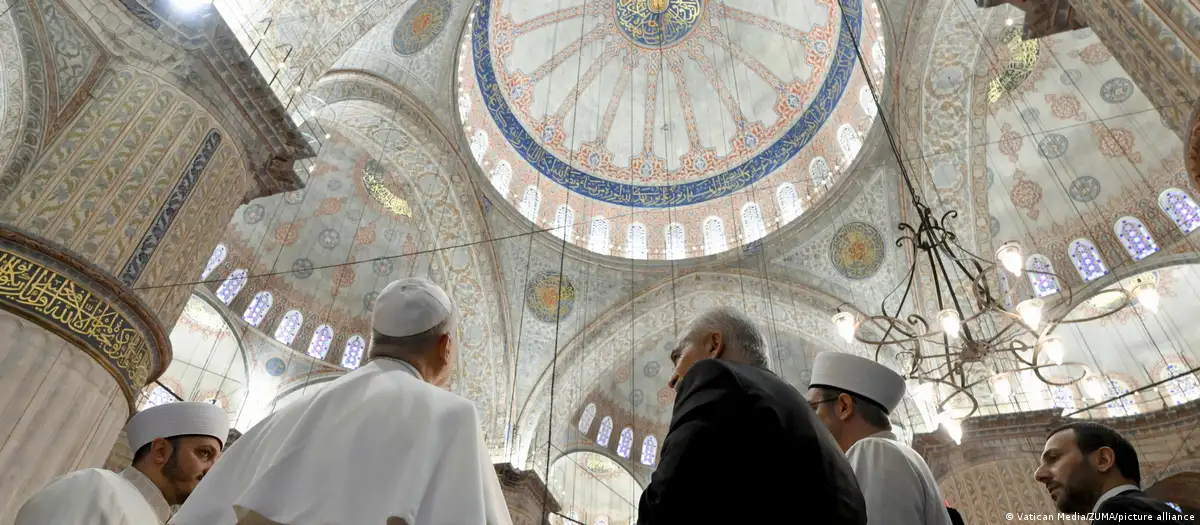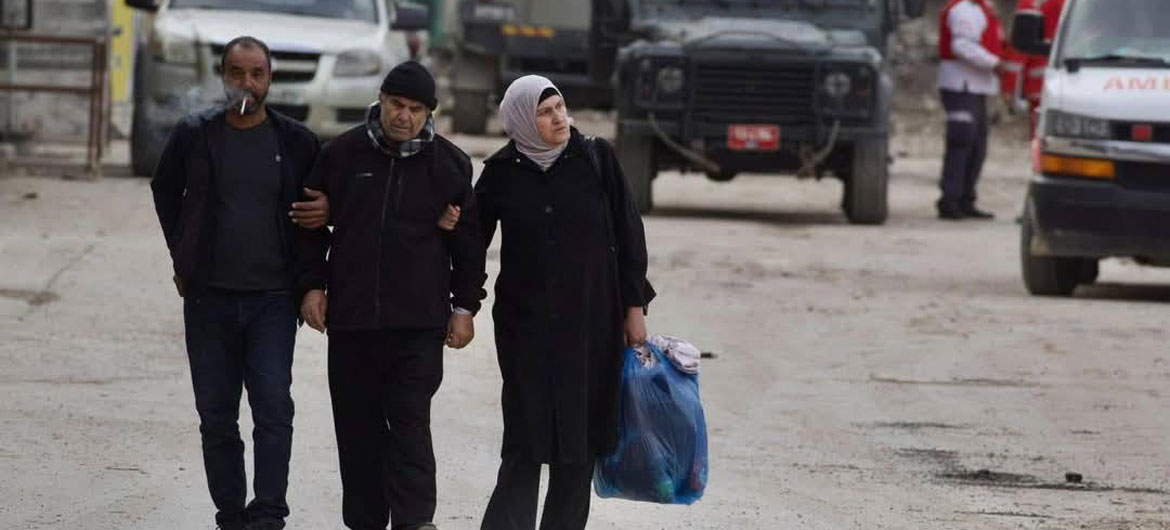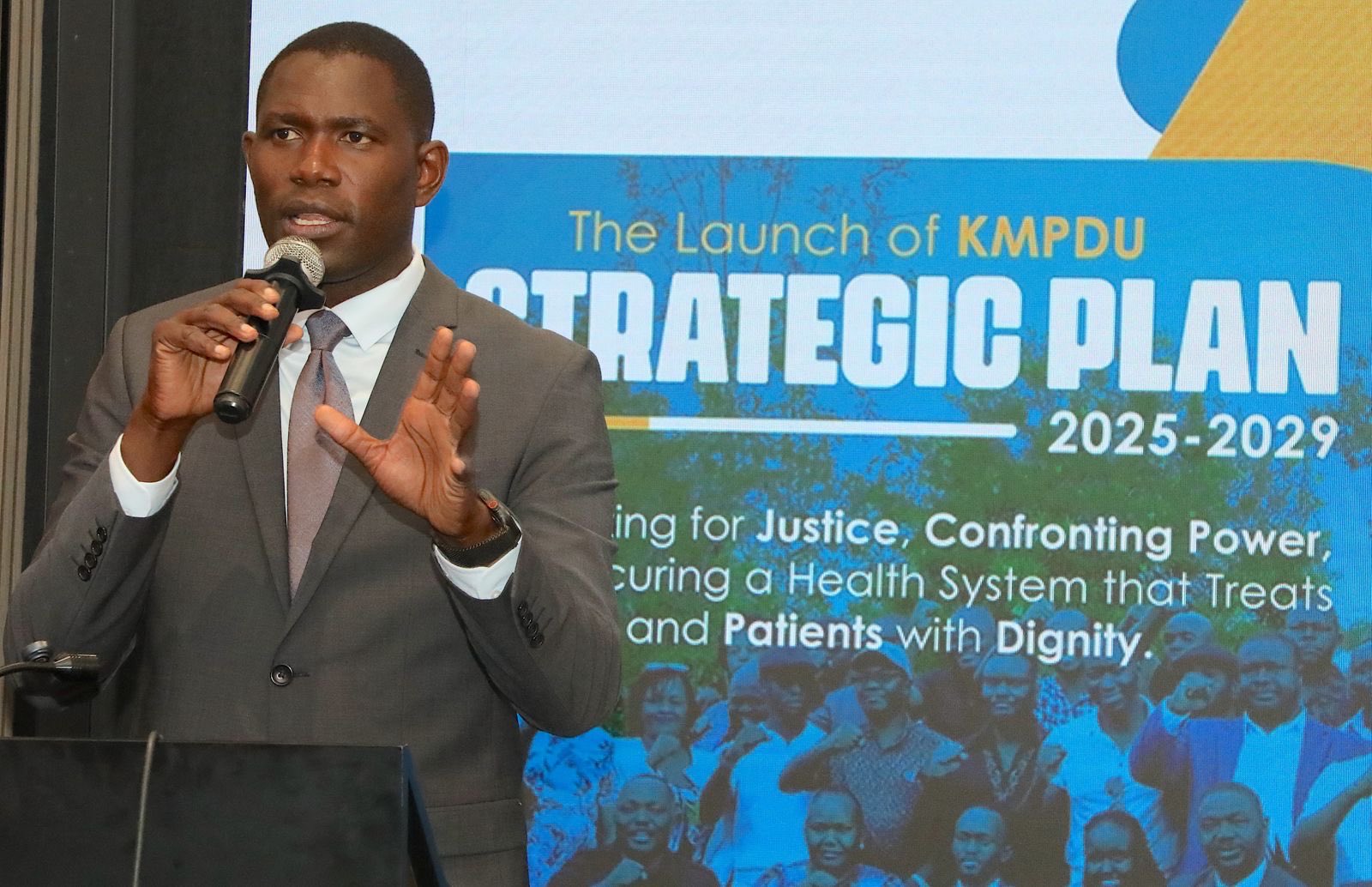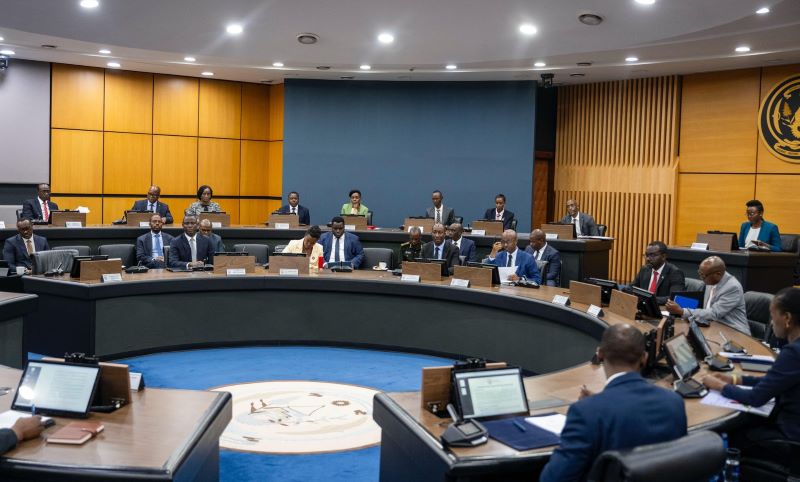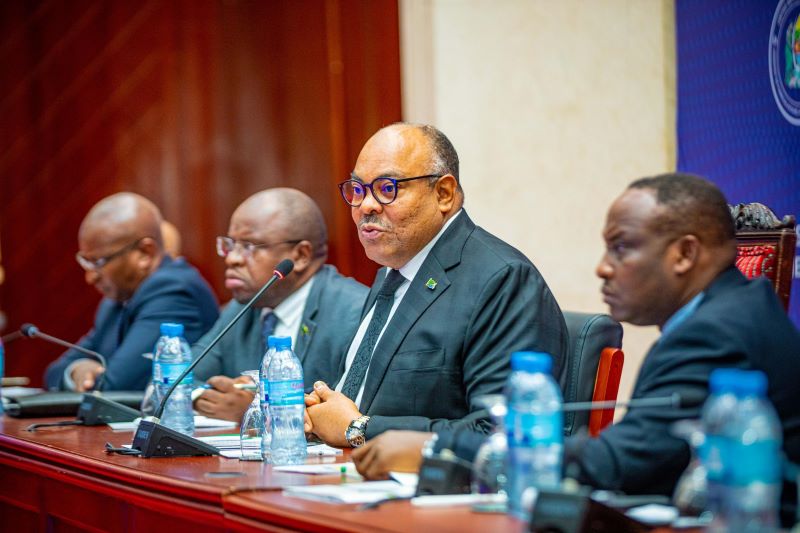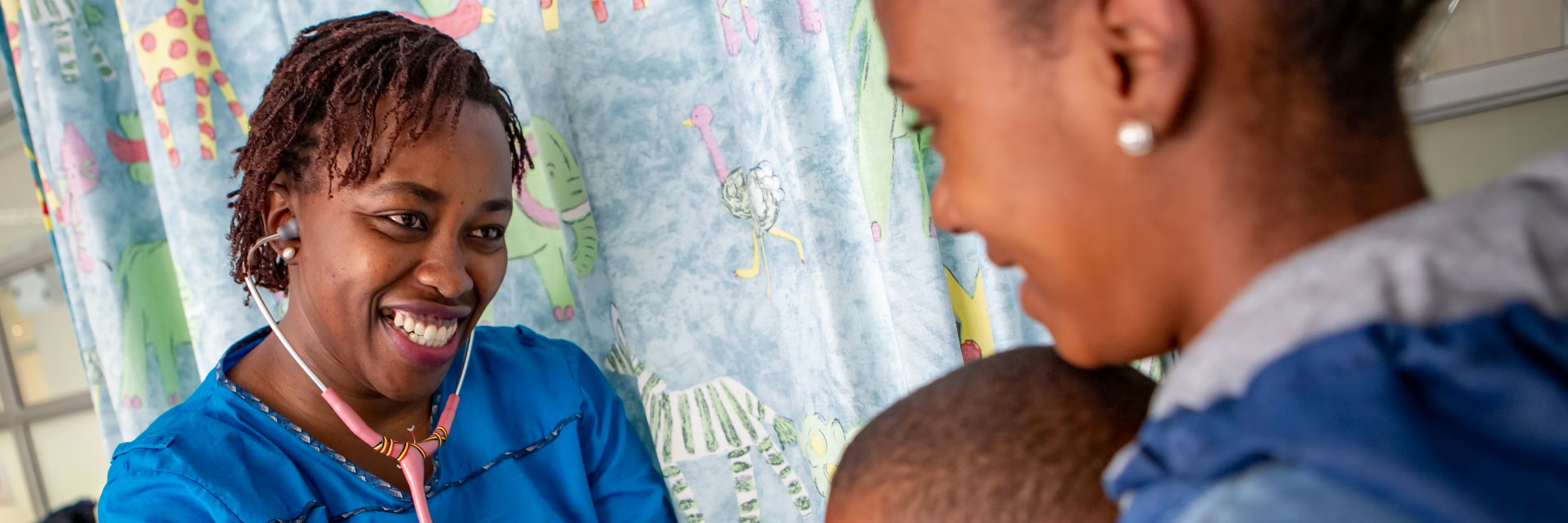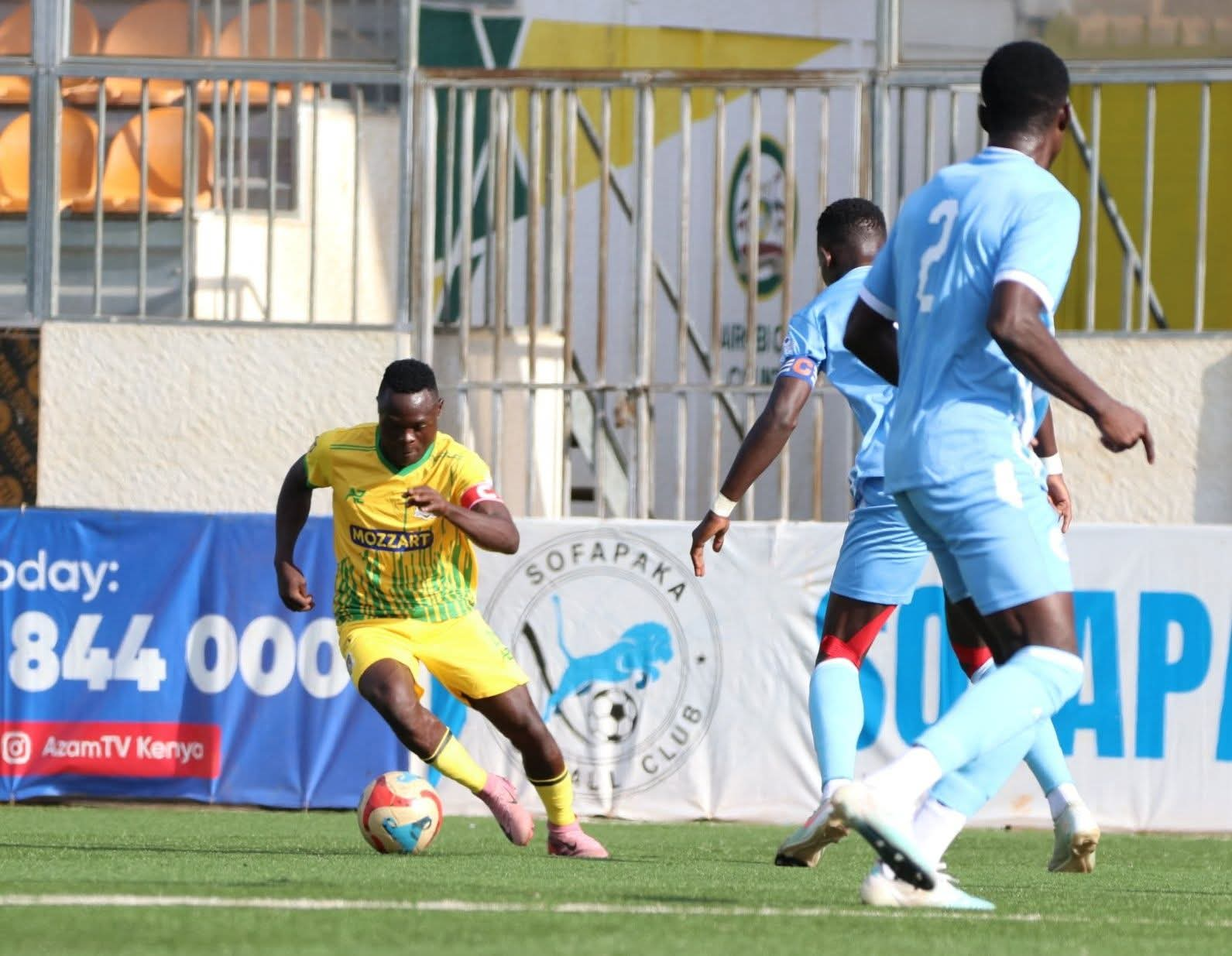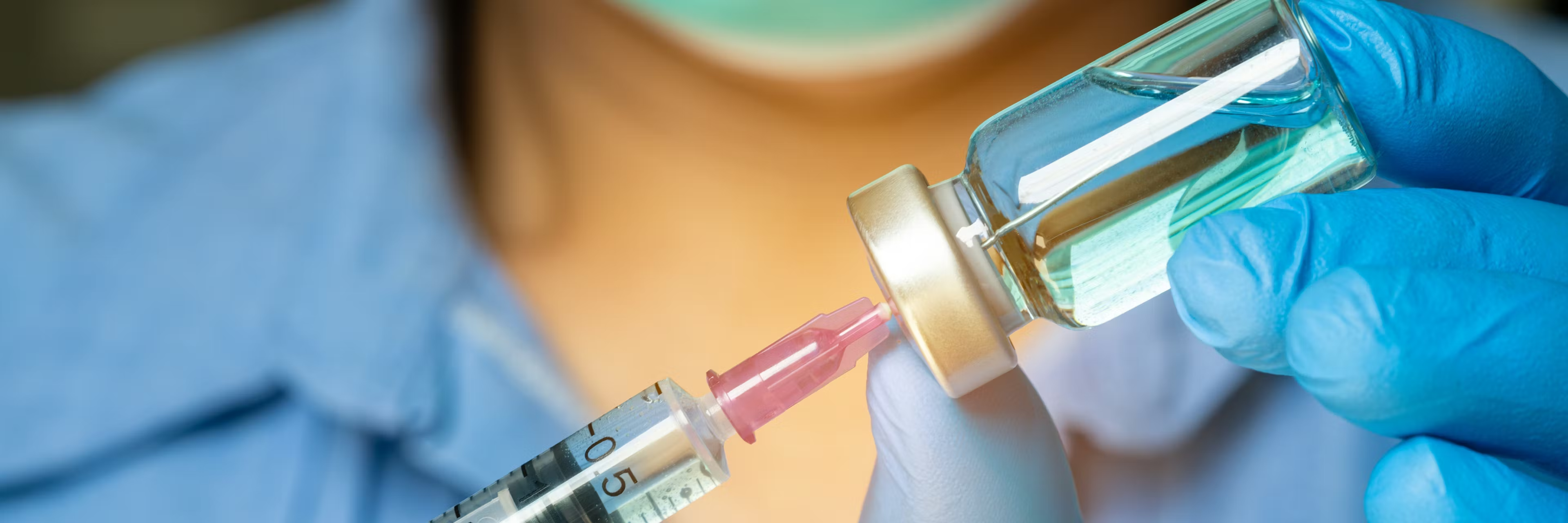South Africa heads for coalition as ANC support plunges
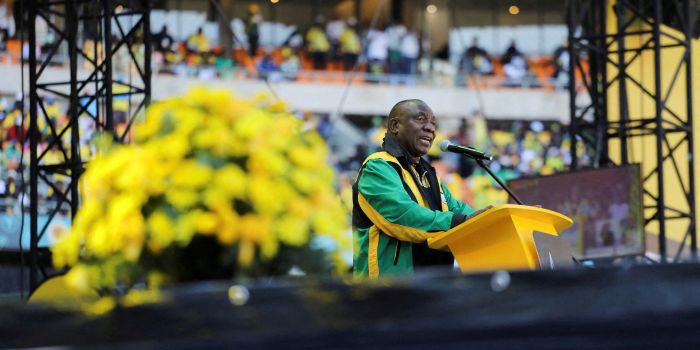
The party and country will now have to enter a period of coalition building unprecedented in the democratic era, with potential partners ranging from the pro-business Democratic Alliance to insurgent parties led by former ANC figures who fell out with the party.
South African parties geared up for coalition talks on Friday as the governing African National Congress (ANC) looked set to fall well short of a majority for the first time in 30 years of democracy.
While the party of the late Nelson Mandela looked likely to remain the largest political force after Wednesday's election, voters appeared to have punished the former liberation movement for years of economic decline which have left many in poverty.
More To Read
- Zuma’s daughter resigns from Parliament amid claims she sent South African men to fight in Russia-Ukraine war
- Jacob Zuma's daughter Duduzile under probe for alleged recruitment of fighters for Russia
- Durban court trial of Jacob Zuma’s daughter sparks claims of political persecution
- ANC cites communication glitch in Tanzania poll absence, stresses solidarity
- South African court rules Albert Luthuli died from assault, not accident
- Travel as activism: 6 stories of Black women who refused to ‘stay put’ in apartheid South Africa
With results from 97 per cent of voting centres, the ANC stood at 40.14 per cent, a precipitous drop from the 57.5 per cent it secured in the last national election in 2019.
The main opposition party, the Democratic Alliance, was at 21.7 per cent, while uMkhonto we Sizwe (MK), a new party led by former president Jacob Zuma, polled 14.8 per cent.
The party and country will now have to enter a period of coalition building unprecedented in the democratic era, with potential partners ranging from the pro-business Democratic Alliance to insurgent parties led by former ANC figures who fell out with the party.
Investors in Africa's most industrialised economy will hope the uncertain picture will quickly become clear.
Among potential coalition partners, the DA was in second place on 22.6 per cdent, while uMkhonto we Sizwe (MK), a new party led by former president Jacob Zuma, was at 12.2 per cent and eating into ANC support, particularly in KwaZulu-Natal, Zuma's home province.
MK has overtaken the Marxist Economic Freedom Fighters (EFF), currently the third biggest party in parliament, which was sitting on 9.5 per cent.
Political parties' share of the vote will determine the number of seats they get in the National Assembly, which then elects the next president.
That could still be the ANC's leader, incumbent President Cyril Ramaphosa. However, an embarrassing showing at the polls risks fuelling a leadership challenge -- but the ANC's Deputy Secretary-General Nomvula Mokonyane said he would not resign.
"Nobody is going to resign ... Collectively, all of us, we still are confident that he (Ramaphosa) has to remain the president of the ANC," she told reporters at the results centre.
"The leadership of the ANC will meet, structures of the ANC will be consulted. For now we are not talking to anybody," she said.
Analysts said that at this stage in the vote count the ANC could not claw back up to win a parliamentary majority but it may still end up gaining more than 42 per cent of the vote.
"The real question is 42 per cent or 44 per cent," Reza Omar, strategic research director at Citizen Surveys, told Reuters.
"Limpopo, Eastern Cape and North West are ANC strongholds and some votes still have to be counted from these provinces."
The ANC had won every previous national election since the historic 1994 vote that ended white minority rule, but over the last decade South Africans have watched the economy stagnate, unemployment and poverty climb and infrastructure crumble, leading to regular power outages.
'Doomsday Coalition'
Speculation was intense about which party or parties the ANC may approach to form a coalition and remain in government, or what other negotiations might be going on behind closed doors.
DA leader John Steenhuisen said calls would start over the weekend and his first move would be to meet other members of the Multi-Party Charter (MPC), an alliance of 11 opposition parties that was formed before the election, to see whether it could be expanded.
"The election (has) taken place now, we've got to play the hand that the voters have given us so we will look at a variety of options that will exist," he told Reuters.
There was no clear path for MPC member parties to collectively secure more than 50 per cent of the vote share and seats in parliament, unless it enlisted one of the EFF or MK, which seemed highly unlikely. The DA, the biggest party in the MPC, has denounced those parties as extremists and said an alliance between them and the ANC would be a "doomsday coalition".
Before the election, Steenhuisen did not rule out partnering with the ANC to block such a coalition, although the DA has consistently denounced the ANC and said it wanted it out of power.
The MK meanwhile said it could partner with the ANC but not if Ramaphosa remained its leader.
"Who do we engage with? Patriotic organisations that want to ensure change. That are progressive...not the ANC of Cyril Ramaphosa.
"It doesn’t mean that we won’t engage with the ANC but not the ANC of Cyril Ramaphosa," MK spokesman Nhlamulo Ndhlela told Reuters.
The uncertainty impacted the government bond market, with prices of the country's main internationally traded bonds down as much as 1.3 cents on the US dollar. The falls were the third in a row and left the bonds at their lowest level in almost a month.
Investors and the business community have voiced concern over the prospect of the ANC entering a coalition with the EFF, which is calling for the seizure of white-owned farms and the nationalisation of mines and banks, or with Zuma's MK which also talks about land confiscation.
By law, the election commission has seven days to release full provisional results, but election officials have said they are planning for a Sunday announcement.
Top Stories Today

